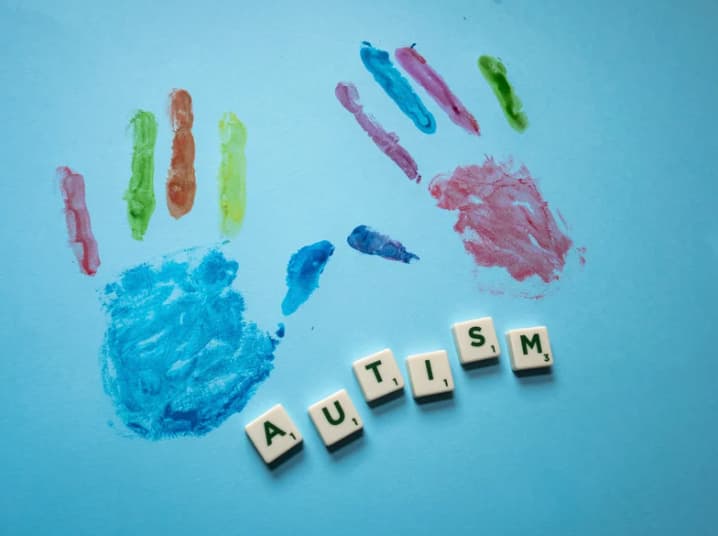
Writing a college essay about your autistic brother is a powerful choice, but it's high-risk. The focus must be on your transformation. This guide provides an elite strategy to frame your unique experience, turning it into a compelling narrative of your maturity, resilience, and character.
A: Yes, if you make your brother the main character. The essay must be about you. Admissions officers want to see your growth, not just hear his story.
A: Choose a Common App prompt that centers on your development. This provides a natural and effective structure for your narrative.
A: Ditch generic claims like "I learned patience." Instead, zoom in on a single, vivid memory that reveals a larger truth about your character.
A: Draw a clear, logical line from your experiences at home to your future ambitions. This demonstrates purpose and vision.
With the right strategy, your essay becomes a powerful testament to your unique perspective. The next step is execution—crafting sentences that are authentic and memorable.
A: Start with a specific, intriguing scene or statement. Pull the reader directly into your world from the very first sentence.
A: Steer clear of common narratives that undermine your story. Your tone should be reflective, not self-pitying or self-aggrandizing.
A: Conclude with a concise, forward-looking statement. Show how this experience has uniquely prepared you for the future.
Your story is powerful because it's yours. Tell it with honest, specific details to give colleges a true window into the person you've become. When you're ready for a final polish, a professional college essay editor can help your unique voice shine through.
Sample snippet:
He wouldn’t touch the sandbox. While other kids built castles, Leo stood paralyzed by the shifting grains. For weeks, I brought a cup of sand home, letting him feel it on his terms. When he finally stepped into the box, he just smiled, running his fingers through the sand. I hadn't cured his fear; I had just built a bridge between his world and mine. It was my first, most important lesson in empathetic engineering.